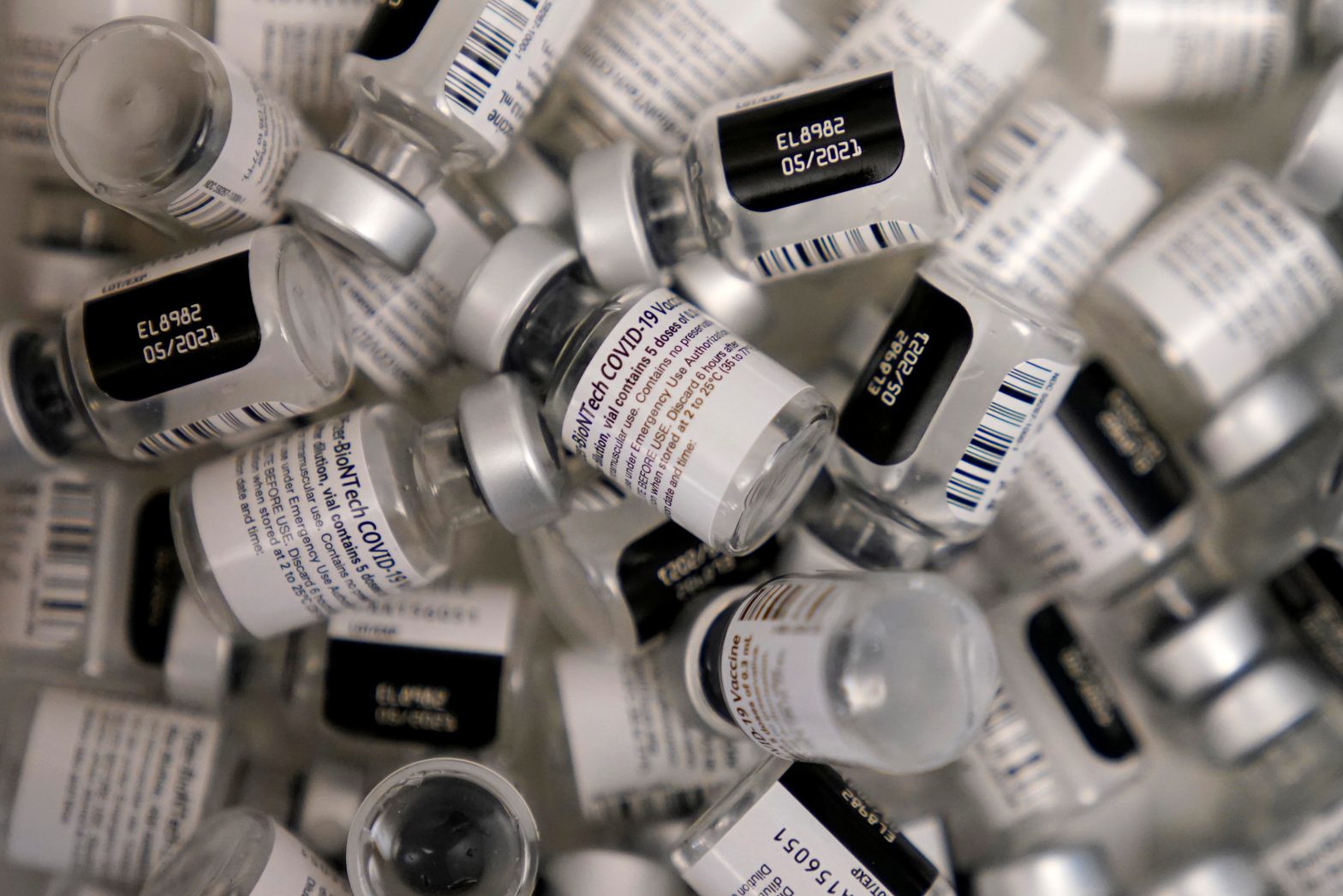NIH Database to Track How COVID-19 Disrupts Neurology

A new database will track the neurological symptoms of the coronavirus in an attempt to figure out how it disrupts body systems and impacts neurology.
The COVID-19 Neuro Databank/Biobank will assist clinicians in trying to prevent, manage, and treat the neurological aspects of the coronavirus by collecting clinical information and biospecimens from patients who have had neurological problems from coronavirus infection.
It was created by New York University Langone Health, which will continue to maintain the database, with support from the National Institutes of Health’s National Institute of Neurological Disorders and Stroke.
Neurological symptoms are known to often affect coronavirus patients, even altering mental function. These symptoms can linger even after the virus is gone.
A study published in October in the Annals of Clinical and Translational Neurology, for instance, found that as much as 82% of coronavirus patients suffered neurological symptoms at some point during the illness. More than 62% of patients had manifested symptoms by the time they were hospitalized. Those symptoms included headaches, muscle pain, and “encephalopathy,” a severe affliction that can cause permanent damage to the brain.
However, the specifics of how coronavirus causes neurological symptoms is not clear to experts.
A fact sheet from Harvard Health suggests that it could happen directly because of the infection, or it may happen because the virus alters oxygen and carbon dioxide levels. Access to the biospecimens and clinical database may help to throw some light on this.
“We know that COVID-19 can disrupt multiple body systems but the effects of the virus and the body’s response to COVID-19 infection on the brain, spinal cord, nerves and muscle can be particularly devastating, and contribute to persistence of disability even after the virus is cleared,” said Barbara Karp, program director at NINDS, in a written statement.
“There is an urgent need to understand COVID-19-related neurological problems, which not uncommonly include headaches, fatigue, cognitive difficulties, stroke, pain, and sleep disorders as well as some very rare complications of serious infections.”

























